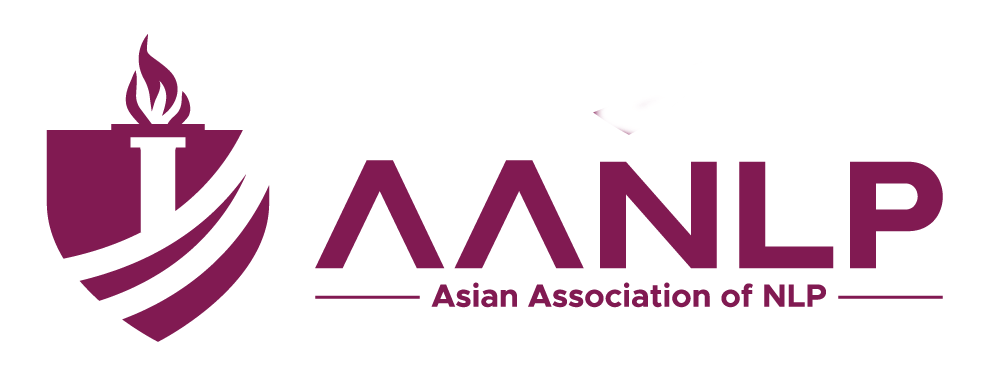A Coach without NLP skills is like a hollow Coach

Everybody needs a Coach. Even the best of professionals needs a coach. A coach is someone who helps the clients deal with impasse in their lives and help them find a solution for themselves. The solution which the client realises, also ensures there is no adversity in any other area of life, hence taking care of the ‘Ecology’.
For all this to happen, the coach must follow a coaching structure. Most of the times it is GROW model or Solution-focused model. The process is quite systematic and perfect. It involves a lot of correct questioning to create that Aha moment for the client. To begin with, the client comes the problem which is listened to by the coach in the first session which is the ‘No-Coach’ session. It is called the ‘No-Coach’ session as it is the client who is talking most of the time and the Coach is making notes, even recording the session with the client’s permission. Post this, there is an effort put to set goals for the client, by the client. This is where the actual coaching process starts. There is a lot of thrust given to the goal-setting process as you would want to make sure that the goals that are set are right and compelling.
Post this, there is a lot of discussion on what is stopping the client from achieving the goal. What are the options which the client has, to achieve the goal. There is also a lot of initiative taken by the coach to loosen the client’s mindset, without which, there is no change possible. Finally, the client arrives at one option which seems to be most likely to take him from the current reality to the goal. Then it is only a matter of getting the client to meet the commitments by meeting the milestones, hence achieving the goal. This is an overall, birds eye view coaching process. Of course, there is a lot of detailing to be done. Which you will learn when you do a formal coaching certification.
But where does NLP come in all this and what if the coach is not equipped with NLP skills? Well, first of all NLP provides a very systematic structure of questioning which is covered in the Linguistics part of the topic. More importantly, NLP has a lot of therapeutic interventions which would instantly delete the blocks which stand between the client and the goals. For example, if one of the goals of the client is to reduce weight, but what is coming in the way is unhealthy eating habits, NLP offers a very effective intervention called SWISH pattern. If there is a phobia troubling the client, NLP offers 2 techniques of Phobia cure. If there are past traumas still hurting the client, there are at least 6 interventions which would help the client come out of those. NLP also offers a lot of interventions in problem-solving, dealing with dilemmas, leadership issues, parenting issues, relationship issues. Think of any area of life, and you will have an NLP solution to it. These are just a few examples.
A coach who is not equipped with all these skills would usually be lingering in the dark to get the breakthroughs done for the client. Wouldn’t these skills get the coach to another level altogether as far as effectiveness is concerned? Not only that, but a coach can also project self as a cognitive therapist as well. That is another dimension which can be added to the forte.




